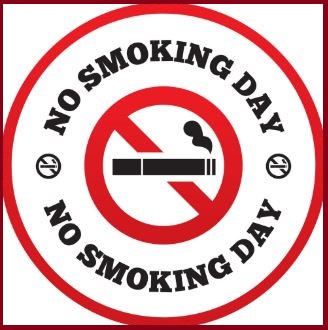Updated By: LatestGKGS Desk
Diseases: Acute, Chronic, Communicable Diseases, details

Types of Diseases, communication methods, symptoms
A disease is any abnormal condition that causes a disruption in the functions of a body tissue, organ, or entire organism. Diseases are recognized by a specific set of symptoms.
Communicable diseases: Communicable diseases are spread from person to person or from animal to person. The spread or transfer can happen through the air, through contact with contaminated surfaces, or through direct contact with blood, feces, or other bodily fluids. Rabies, HIV, malaria, influenza, and athlete's foot are just a few examples of communicable diseases you may be familiar with.
like cancer, heart disease, and diabetes. These are examples of noncommunicable diseases, which are medical conditions that are not infectious and cannot be passed from one person or animal to another.
Acute and Chronic Diseases
- Some diseases last for only very short periods of time, and these are called acute diseases. We all know from experience that the common cold lasts only a few days.
- Other ailments can last for a long time, even as much as a lifetime, and are called chronic diseases. An example is an infection causing elephantiasis, which is very common in some parts of India.


